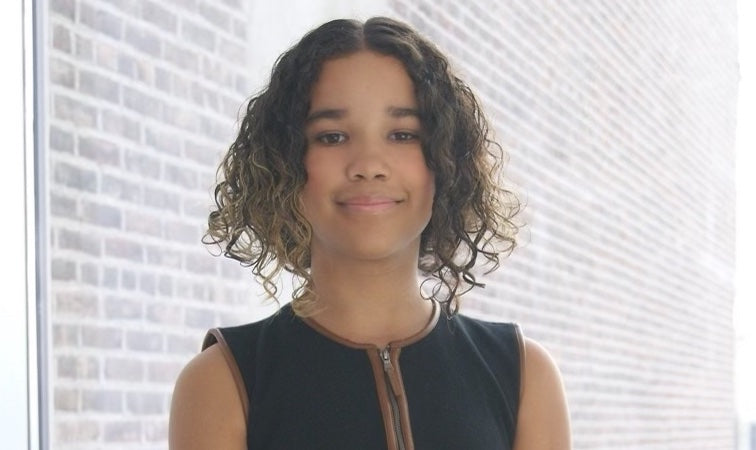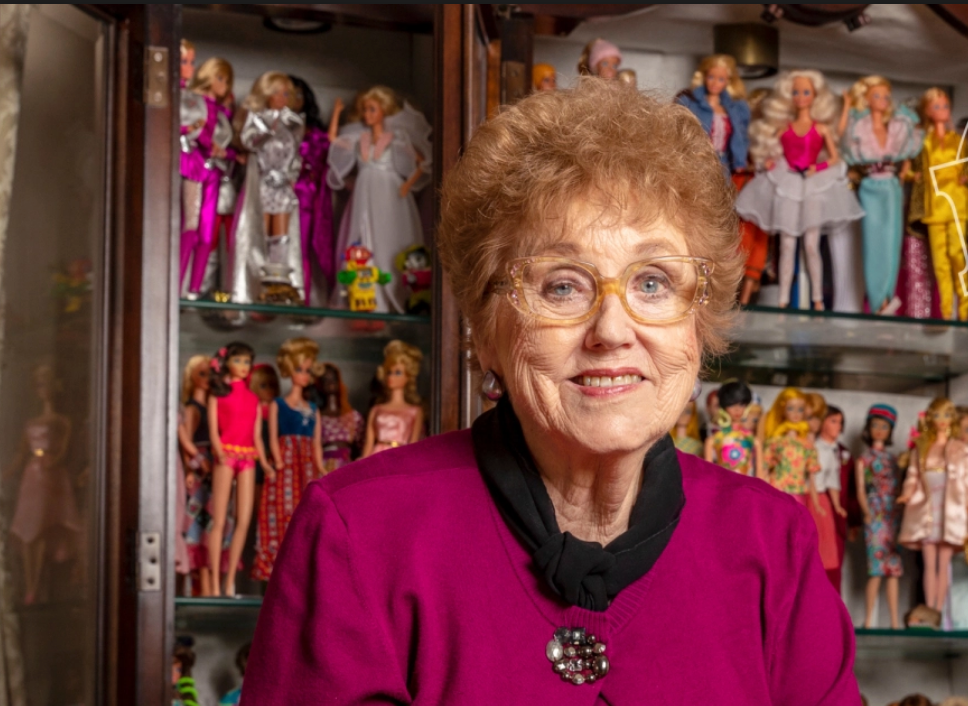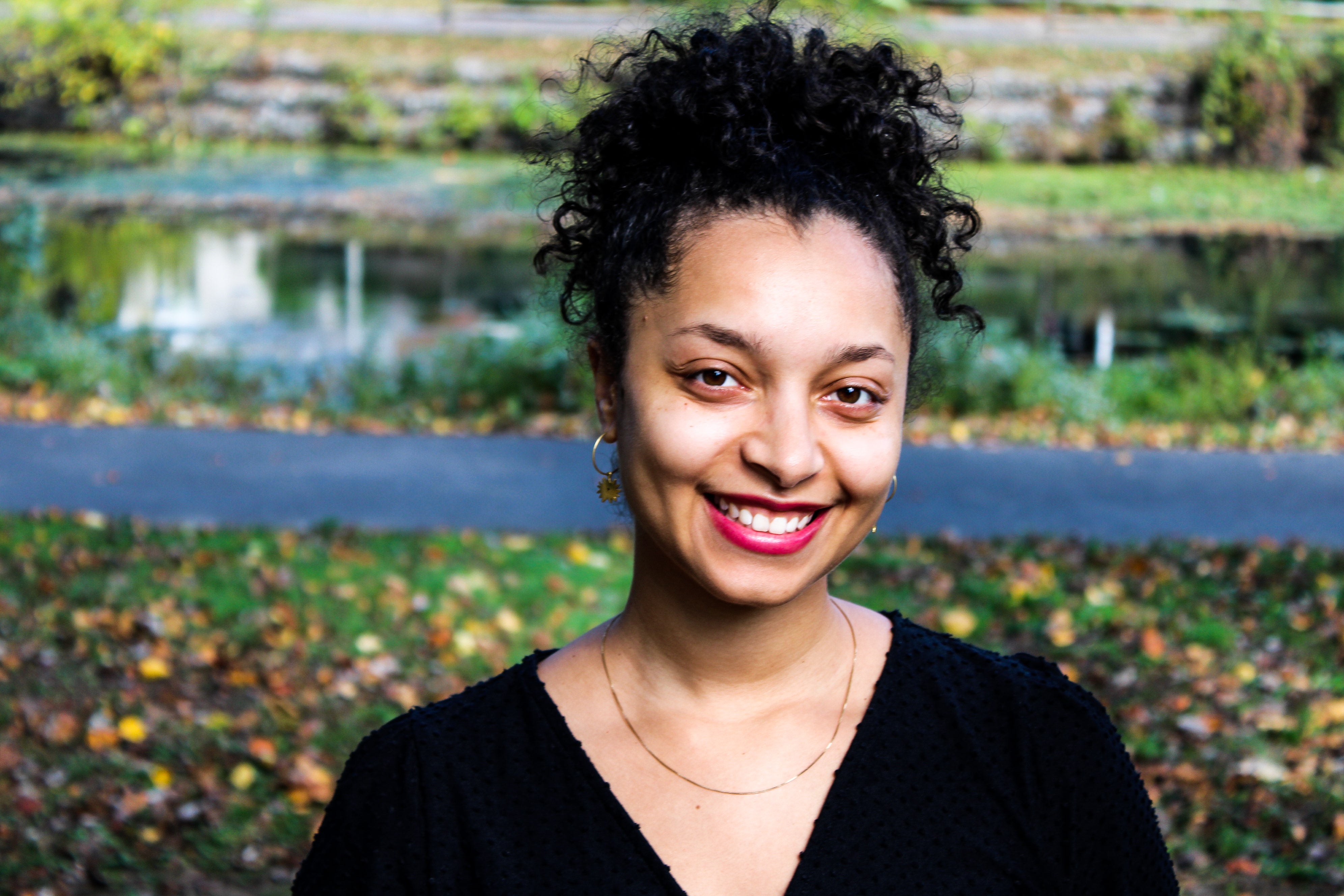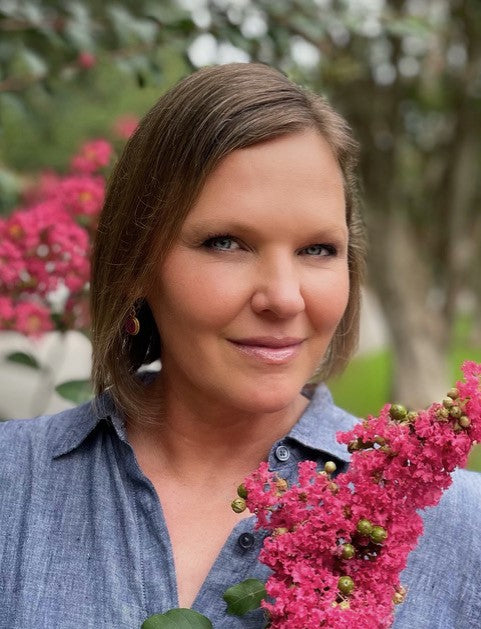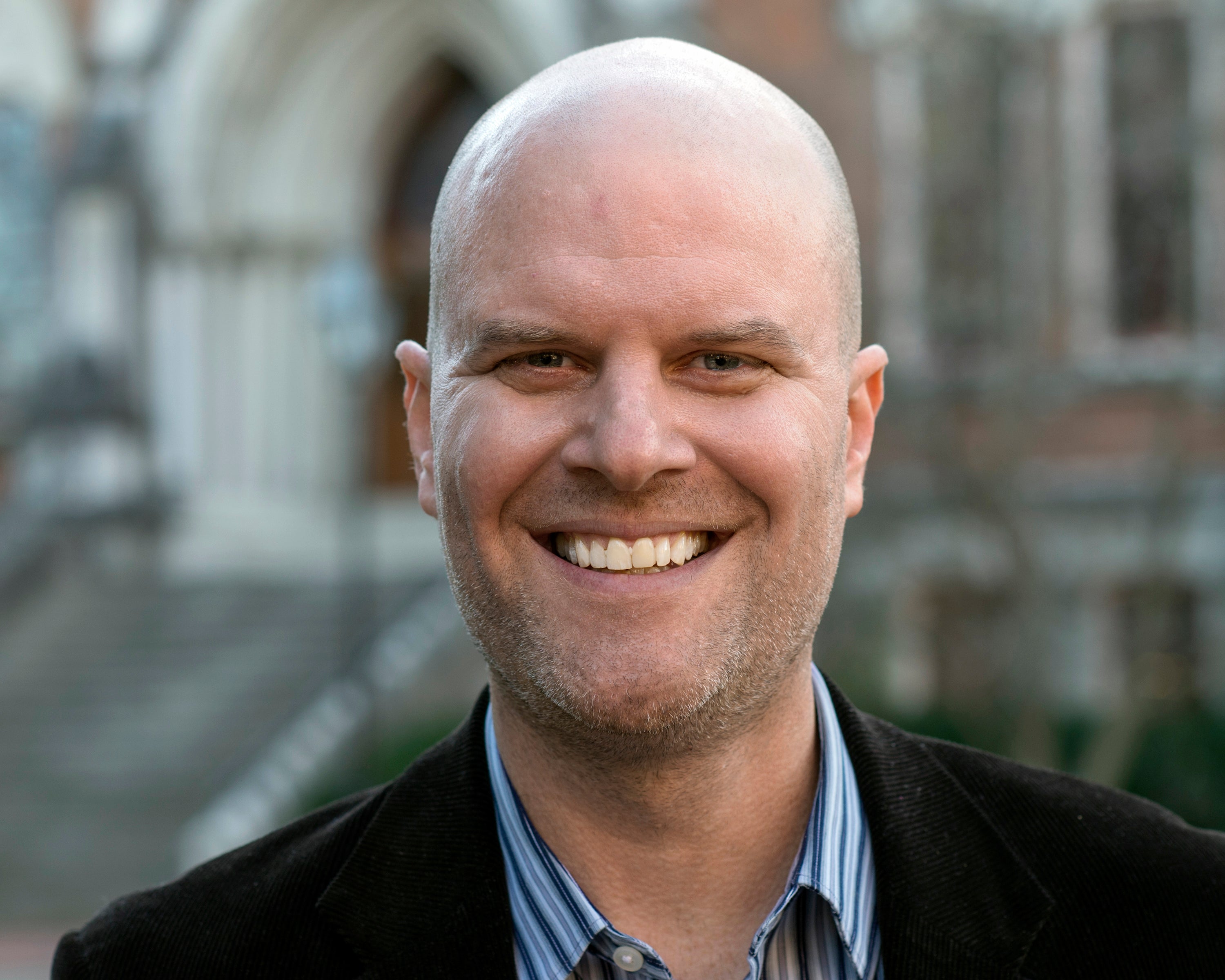
Author Bio:
"Joe Lucey is a Certified Financial Planner and tax expert with almost 30 years of experience advising clients on their current and future finances. For the past 10 years, he’s also been the host of his radio show. Secured Retirement Radio, in Minneapolis. He learned early in his career that virtually no one was offering long-term tax planning advice for everyday individuals, and there are countless Americans in need of actionable advice on how to best reduce taxes while increasing retirement income. Lucey’s mission is to teach people the importance of investing with an active eye on reducing future tax exposure to ensure they can live comfortably and maintain a secure retirement, regardless of income level."
1. 30+ years ago you started your career in finance. What is one piece of advice you would give to a 20-something looking to build good financial habits over a 30-year period?
I would advise to always set aside whatever money you can spare, start saving early in life and aim for diversification in the investments you make (i.e., do not put everything into GameStop stock). When you first start saving, it’s much more important to build a base of solid savings rather than investing in something trendy or too volatile. Buy up something you can trust like S&P 500.
You should also take advantage of any 401k match that your employer offers; this is free money with guaranteed immediate returns on your contributions. Lastly, if you accumulate credit card debt, remain constantly focused on paying that off as soon as possible.
2. What’s something you wish you knew about finances when you were a young adult?
I wish I had known the importance of investing my money in a tax-friendly manner. While short-term investing into an IRA will give you a tax deduction, long-term investment, i.e. putting aside money into a tax-free account such as a Roth IRA or Roth 401k, is extremely important.
3. Growing up, many families used to tell their kids not to talk about religion, politics or money with others. Specifically, in the terms of money, how has this mindset hurt recent generations?
A lot of messaging from large scale investing companies (i.e., Robin Hood) is working toward Gen Zs that may not have a lot of experience with investments. Thankfully, these companies are changing their messaging so that the generations who grew up not speaking about money will still be able to understand what their options are with investment.
I personally believe that families who have invested pass that knowledge onto their kids. They might not talk about exactly what’s in their accounts, but the conversations based around money and the importance of saving is there.
4. Moreover, do you think more people should be comfortable talking about finances and money with each other?
There are some things that we should keep private, but it is important to find a mentor to have these conversations with. It’s better to get information from someone who has a depth of financial knowledge rather than someone who hasn’t had much experience in the financial space. I definitely think people should be comfortable talking about finances, because this is how you learn, and also how you get the most out of your money.
5. What’s the biggest lie the financial media has told consumers and what makes this a lie? How can consumers overcome this lie?
The biggest lie that we’ve been told for several generations now is that you’ll put money into your tax-deferred retirement accounts, at work or in an IRA, at a lower tax bracket than when you’ll take the money out. I think one of the biggest mistakes that families tend to make is thinking more in terms of what they can save on taxes today than what this is going to cost them in taxation long-term.
Many families sacrifice their working years, putting aside money in tax deferred IRAs, 401k’s, thrift saving plans TSP’s and more – then getting a tax deduction upfront and planning on paying the taxes when they take it out down the road. But many families fail to consider the future tax rate impact.
The current US tax rates are at 40-plus year lows, but very few economist or tax professionals expect them to remain low much longer. The US debt has skyrocketed after several rounds of COVID stimulus packages, and the result is we will likely see much higher tax rates soon. Thus, people should protect themselves financially by considering the ultimate amount of taxation that will be paid on that money long-term instead of short-term. Start investing in more tax-free options. Some of these include Roth IRAs and life insurance. Another one that is offered sometimes is an has, or Health Savings Account, with your health insurance plans.
6. Back in the day, “Stoics” and “Epicureans” had two differentiating ways of living life. If you are familiar with these philosophies, do you see a balance between them or was one more correct than the other? From a financial point of view, does it make more sense to be more Stoic or more Epicurean?
You need a balance of both. Stoicism is needed for long term returns. Anyone who is just living for today will find themselves not being able to live comfortably in 20 years. The earlier you start saving and investing, the less you must sacrifice. It is not just what's in the bank account right this minute. You need a balance of work, saving and living, which epicureans will not think about. They will think about the now, and while this is important, you also need to think about the future. My book talks a lot about saving taxes, and this balance is exactly why working with a professional on your taxes is so important.
7. If you were the Financial Adviser of a first overall pick in a major sport, what would your advice be to help them grow their money over the span of their first contract vs. misusing it?
You must recognize that most athletes will not work 30 to 40 years. Most will stop playing professionally before age 30, so planning for them to save the most money now in preparation for the future is what I would focus on.
I would also speak with them about life insurance versus a Roth IRA. Not everyone is aware that certain life insurance policies allow you to grow tax-free savings that can be used during your lifetime, without early withdrawal penalties that may come with Roth accounts, and even for future Long-term care events. This can be of value for a high earning sports professional that may not be able to continue a higher income following a retirement from sports. You can put far more money into life insurance than retirement accounts and still withdrawal money without penalty prior to age 59 1/2, so for a professional athlete, this may be the better choice.
An athlete putting money into their life insurance in their 20s will help themselves in their 40s because they can pull the money out anytime they need it. There is no max investment, so you can set aside a lot of money. If you put money into a Roth IRA, you can only pull out at age 59 or older, so someone retiring in their 30s will not be able to draw on this money for quite some time. The most important piece of advice is that if you are making a lot of money, you want to protect yourself from potential loss of income later on.
8. How would your opinion change if you were their CPA and not their financial adviser?
There is a difference between “Tax Preparation” and “Tax Planning”. The main difference is that most CPAs will look to help you save the most on your taxes TODAY utilizing the tax code to reduce taxation on events that have already occurred, “Tax Preparation”. A financial advisor who focuses on “Tax Planning” looks at how positioning your finances today, will help you save more taxes in the future.
9. Overall, what do you hope readers get from this book?
My book helps readers understand how and when their tax-deferred investments will become taxable down the road, so they can make the right, proactive changes now for how those investments will hit their tax returns. This can substantially reduce taxes long-term. It is all about repositioning our finances today, so they can work well with our future planning and tax situations.
10. What’s the best book you have read this year so far?
One of the best books I have read is The Energy Bus by Jon Gordon. He talks about bringing energy into a culture and having the right mindset, which has become exponentially more important since COVID-19 hit. It is not always easy, but overcoming adversity and inspiring those around you, whether this be family, friends or colleagues, will only make you stronger.
11. What’s your best advice for getting over writer’s block?
Writer’s block can be tricky and different for everyone. I would recommend dedicating a certain amount of time every day to writing and celebrating the small victories. These small victories release dopamine and will help you feel more productive.
12. What’s the best advice you have ever received on happiness?
The best advice I received was while reading another one of my favorite books, Delivering Happiness, by Tony Hsieh. Take it one day at a time. Life is short and you should do one thing every day that makes your life and everyone else's life a little better.
13. Do you plan on writing more books in the future?
Yes! However, I am going to take some time in between writing these books. I want to focus on reading more books and spending time with my family.
Places To Find More From This Author:
Facebook: Secured Retirements
Twitter: @joe_lucey
Linkedin: Joe Lucey
Website: www.securedretirements.com
Get Your Copy of "New Tax Secrets" Today!

